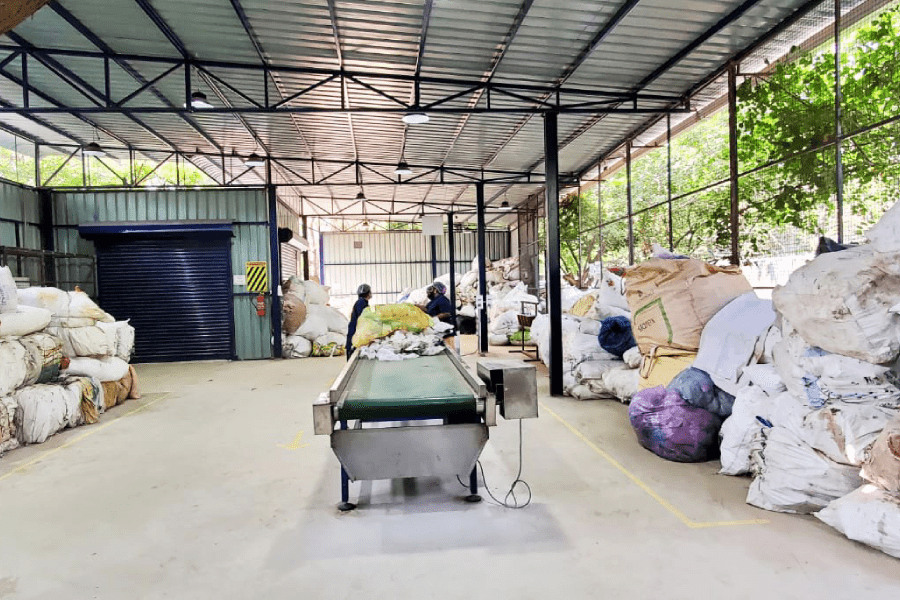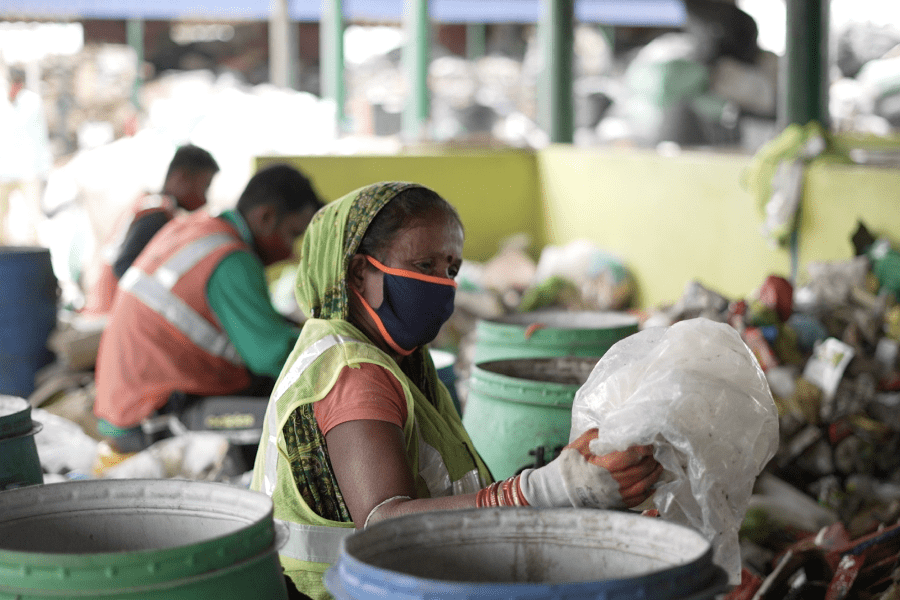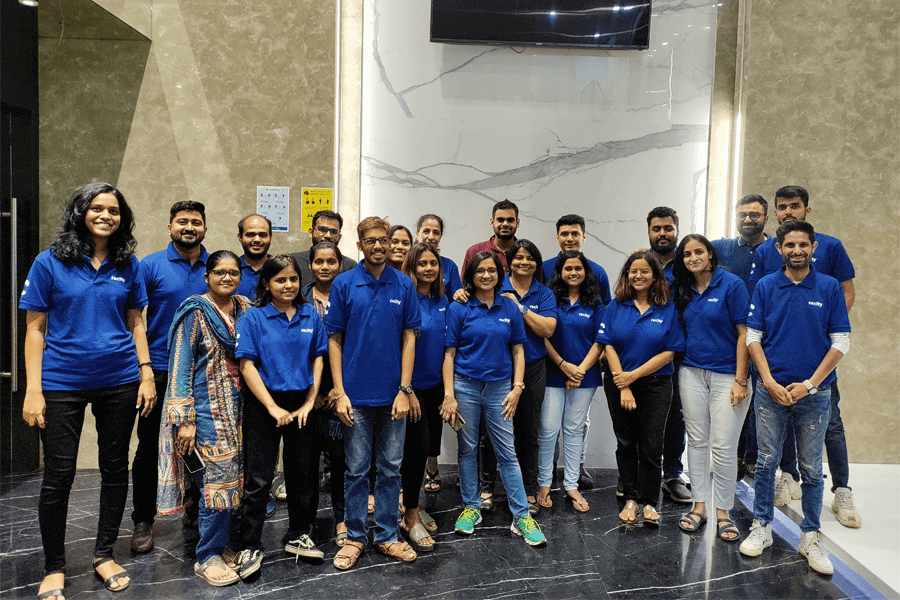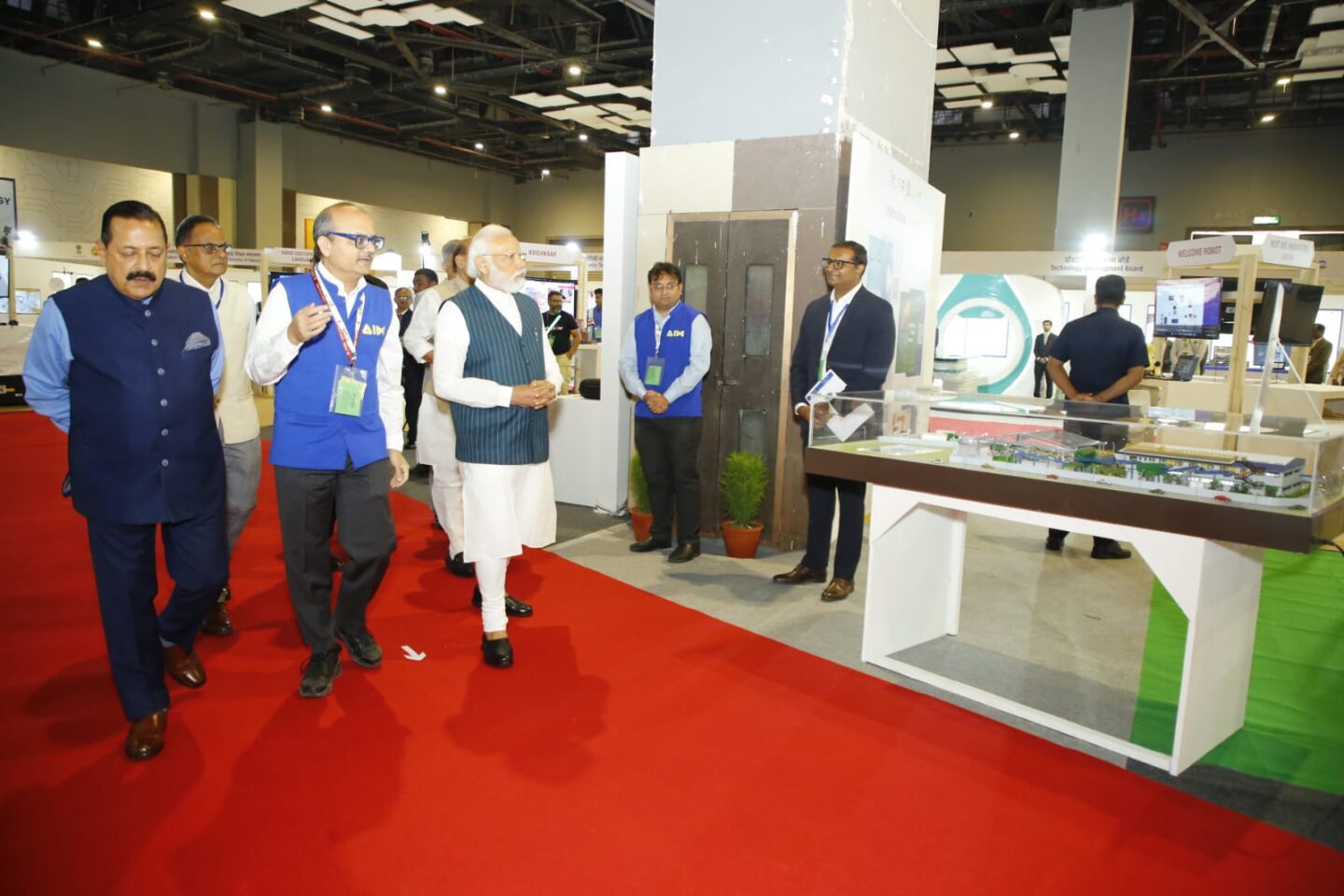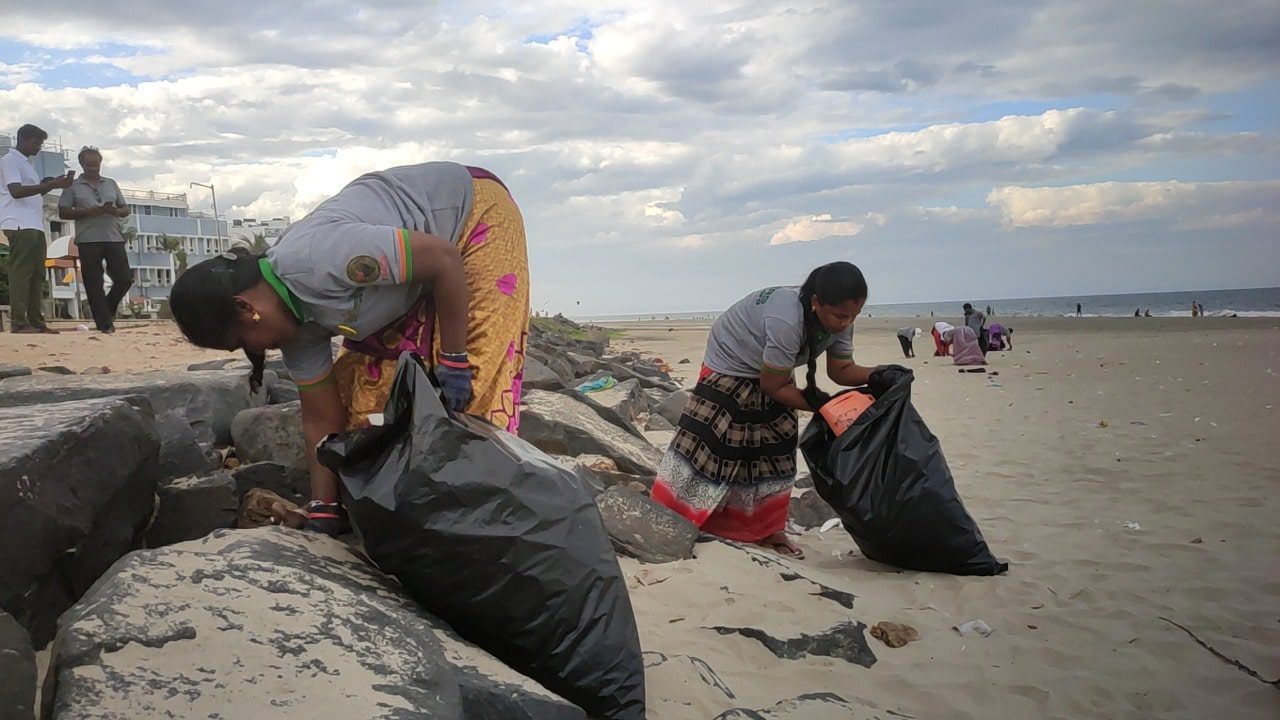What is an MRF?
A Material Recovery Facility also commonly known as a murf in the waste industry is a recovery or recycling plant which helps in segregating waste into different types so that it can further be recycled. These facilities are a huge contribution to the process of waste management as without the service of these facilities, it would have not been possible to recover tonnes of waste that would otherwise end up in landfills. These facilities receive mixed waste in bulk quantity and further use a variety of equipment and labor work to sort the waste.
Later the sorted waste is baled using the waste baler machine and further sent to the recyclers for recycling. Hence, material recovery facilities play a huge role in contributing to a sustainable and circular economy.
4 Advantages of Material Recovery Facility
- Creates green jobs
The establishment of the Material Recovery Facility, it also opens doors for green jobs. (link green jobs blog) Green Jobs are those jobs that contribute to maintaining a sustainable environment. Green jobs are unlocked at MRFs to manage the process of waste.
- Reduces environmental harm
Without material recovery facilities, the waste would have ended up in landfills creating a lot of pollution and harm to various species on the planet. With the help of material recovery facilities tonnes of waste are segregated every day and are further sent for recycling.
- Maximizes the quantity of recyclables
As mentioned in the above point, material recovery facilities help in segregating higher capacity of waste each day which maximizes the quantity of waste that can be further sent to the recyclers for recycling.
- Contributes to generating revenue
MRF is the key to unlocking benefits if each step is managed properly. The waste that would have created destruction to the environment can be brought into the economy and out of the environment with the help of these facilities.
Material recovery facilities are contributing towards a sustainable environment and all of these efforts are helping us to keep municipal plastics in the economy and out of the environment.
“Recity’s impact is no longer limited to only recovering waste and professionalizing the workforce in a city. We are now taking bigger strides to expand our vision and build traceable, circular models across vulnerable geographies while also shaping the future of the waste value chain.”
Suraj Nandakumar, Co-founder & CEO, Recity Network

